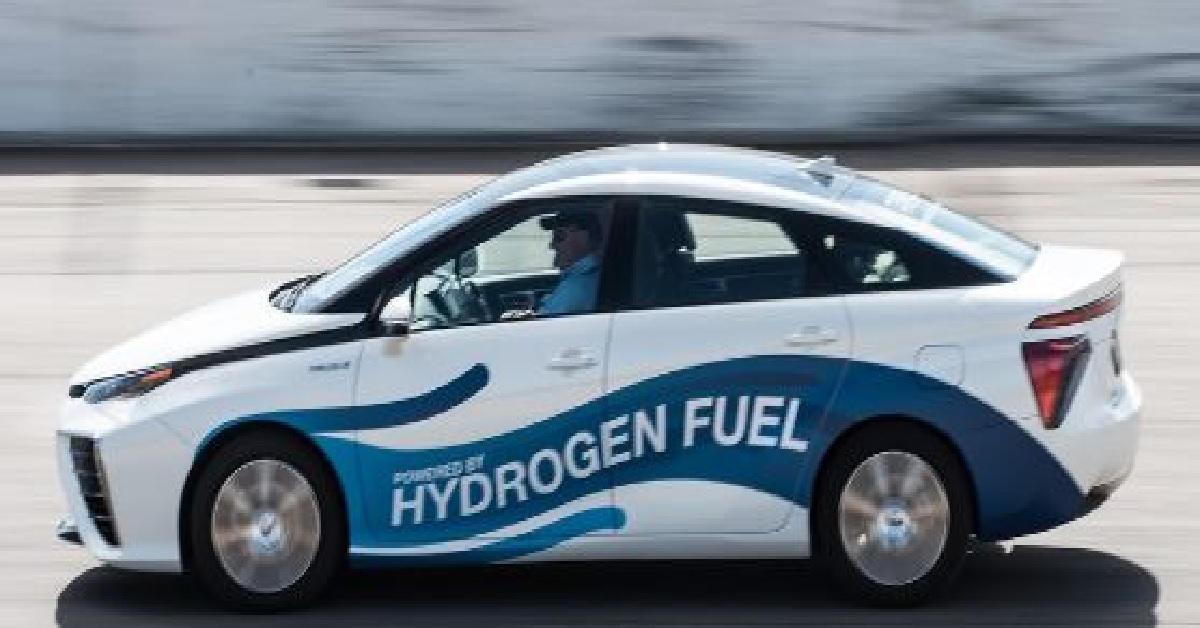These days, alternatives to internal combustion engines fuelled by fossil fuels are on the rise due to global warming and concerns regarding the sustainability of the environment. One of these alternatives is hydrogen cars. Here is a brief discussion regarding the history, development, and future.
Origin of hydrogen cars
A Swiss engineer named Francois Issac De Rivaz was responsible for creating the first hydrogen-powered engine in 1806. He used a combination of hydrogen and oxygen to create fuel for the engine. However, the hydrogen car that he made the following year ended up being a failure.
In 1860, a Belgian inventor named Etienne Lenoir made the first functioning hydrogen car. It was called the ‘Hippomobile’ and was powered by hydrogen gas which was created by electrolyzing water. It was a 3-wheeled car.
Despite all efforts, hydrogen was overtaken gasoline as the superior fuel in the early 1900s.
Return of hydrogen vehicles
In 1933, Norway’s Norsk hydropower company developed a hydrogen truck that used hydrogen extracted from an ammonia reformer.
British engineer Francis T. Bacon also came up with a 5-kilowatt hydrogen fuel cell, but it took him over 20 years to come up with a working model.
During the Second World War, hydrogen became a popular choice of fuel because of a shortage of gasoline.
In 1959, new fuel cells arrived which were used by NASA’s space program
General Motors’ ground-breaking invention
In 1966, General Motors made the Electrovan, which is considered the first ‘modern’ hydrogen car. It was one of the first fuel-cell electric vehicles that combined liquid oxygen and supercooled liquid hydrogen. This vehicle paved the way for modern hydrogen cars that use pressurized hydrogen.
Modern Hydrogen cars
Many people were skeptical of the efficiency of hydrogen cars at the tail end of the 20th century. However, research continued and many countries and companies kept investing in fuel cell technology development.
Many countries like Norway, China, and the UK have begun using hydrogen-powered vehicles made by automakers like Toyota and Hyundai.
Pros of hydrogen cars
Hydrogen cars have zero emissions which makes them eco-friendly. Hydrogen is also available in abundance which makes it renewable. Also, the fuel efficiency of hydrogen cars is almost twice that of gasoline vehicles.
Cons of hydrogen cars
Hydrogen as a fuel is very expensive and also difficult to store. Unlike petrol pumps, there are limited places where one can refuel their hydrogen car. Currently, the process of making hydrogen fuel results in CO2 emissions and it is also hard to transport.
Future of hydrogen cars
Right now, hydrogen as a fuel may not seem viable for most people. However, as the prices of fuel cells drop and hydrogen as a fuel becomes more viable for regular customers, it might become a popular alternative to fossil fuels.




